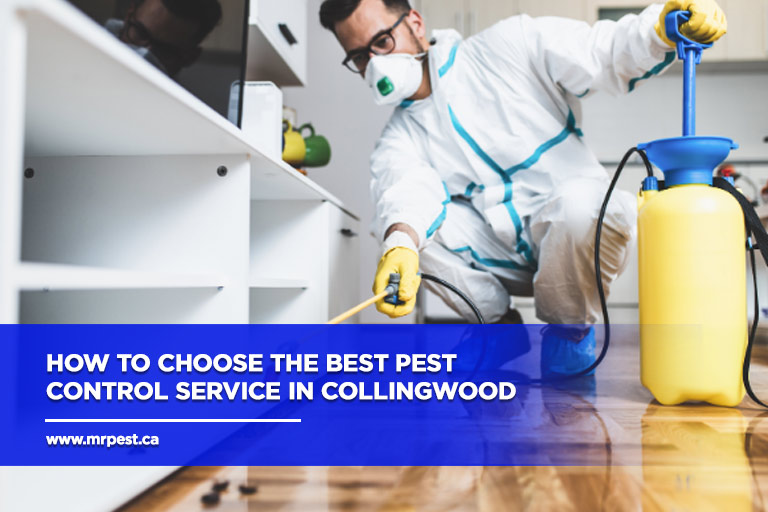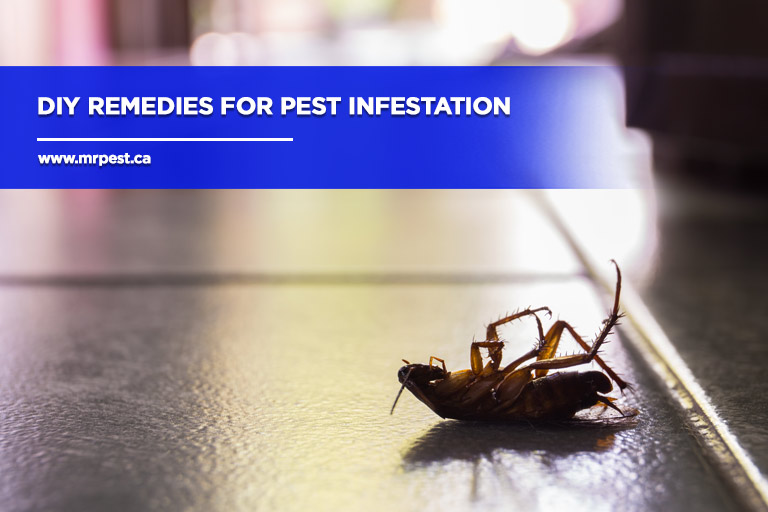Safe and Reputable Pest Control for Lasting Security
Effective parasite monitoring needs a diverse method that balances eco-friendly honesty with the requirement for efficient pest reductions. The subtleties of these techniques may not be quickly clear, motivating a better evaluation of the practices that can lead to lasting insect control outcomes.
Recognizing Bug Control Techniques
Pest control incorporates a range of methods intended at managing and eradicating undesirable insects and rats that can endanger both health and building. Comprehending these methods is critical for efficient pest administration.
The primary classifications of pest control approaches include mechanical, organic, and chemical approaches. Mechanical techniques include physical barriers and catches to stop pest entry and capture unwanted species. For example, using screens on home windows or employing sticky catches can considerably decrease pest populations without presenting harmful substances.

Chemical insect control is commonly one of the most identified approach, using chemicals to get rid of bugs. These chemicals can be reliable however need to be utilized with care to prevent negative impacts on non-target types and the atmosphere.
Benefits of Eco-Friendly Solutions
How can green services change insect control techniques? The adoption of green insect control approaches provides countless benefits, substantially enhancing the efficiency and safety and security of parasite management.

An additional benefit is the positive effect on regional biodiversity. Environment-friendly remedies are designed to target particular bugs while maintaining beneficial insects and wildlife, promoting a balanced community. This technique straightens with the expanding customer need for lasting techniques, boosting the online reputation of parasite control companies.
Integrated Insect Administration Methods
The application of environment-friendly options normally leads to the adoption of Integrated Insect Management (IPM) approaches, which better improve bug control effectiveness. IPM is an alternative approach that combines numerous methods to handle insect populations while minimizing ecological effect. This technique emphasizes making use of organic, cultural, mechanical, and chemical controls, ensuring a well balanced and lasting technique of insect management.
One basic element of IPM is the extensive assessment of parasite activity and environmental problems. By keeping track of pest populaces and determining their life process, professionals can execute targeted treatments that interrupt the pest's environment or lifecycle, decreasing dependence on chemical pesticides. In addition, cultural techniques such as crop rotation and environment adjustment can significantly reduce pest facility and reproduction.
One more crucial part is using organic control agents, such as helpful insects or bacteria, which can normally suppress bug populations. When chemical applications are needed, IPM focuses on making use of low-risk chemicals and uses them selectively, lessening exposure to non-target organisms and human beings.
Incorporating IPM techniques not just improves insect control performance but likewise advertises a more secure community, straightening with the expanding demand for lasting practices in insect monitoring.
Safe Practices for Homeowners
Understanding the value of secure practices in insect control can equip home owners to effectively handle bug concerns while guarding their health and the environment. Executing safe approaches and preventative measures is crucial in reducing direct exposure to hazardous chemicals.
Property owners need to first evaluate their setting for problems that bring in bugs, such as standing food, clutter, and water waste. On a regular basis cleaning and securing access factors can discourage bugs from getting into the home. Using all-natural deterrents, such as necessary oils or diatomaceous earth, can offer reliable options to chemical pesticides.
When chemical treatments are necessary, home owners must decide for products that are specifically labeled as secure for domestic usage. It is necessary to follow application guidelines meticulously to avoid overexposure. In addition, making use of targeted therapies in locations where insects are recognized, as opposed to covering splashing, can substantially lower chemical use.
Last but not least, maintaining open interaction with pest control experts is essential. Property owners need to ask concerning the safety of products utilized and demand our website environment-friendly alternatives whenever possible. By embracing these secure techniques, property owners can produce a much healthier living environment while efficiently handling parasite issues.

Tips for Long-Term Security
Developing a bug administration strategy that highlights lasting protection can considerably boost the performance of the secure techniques previously discussed. To achieve this, property owners must carry out normal examinations of their property, focusing on hidden areas such as attic rooms, cellars, and crawl rooms. Early discovery of parasite task is critical in preventing problems from holding.
These practices lower attractants that attract insects right into the home. Securing entry factors, such as cracks around doors and windows, can effectively obstruct potential parasite gain access to.
Landscaping must also be taken into consideration; keeping plants cut and preserving a range between rodent pest plant life and the home lessens concealing areas for pests. Making use of natural deterrents, such as crucial oils or diatomaceous earth, can better dissuade problems without turning to harsh chemicals.
Finally, collaborating with an expert pest control solution for routine assessments can give an extra layer of protection. These experts can use customized suggestions and progressed treatments, making sure that your home remains secured versus pests in the long-term.
Verdict
To conclude, secure and dependable pest control calls for a multifaceted strategy that stresses green approaches and integrated bug monitoring. By implementing natural deterrents, carrying out routine examinations, and maintaining proper sanitation, building proprietors can significantly decrease insect populations while safeguarding helpful pests and the setting. Cooperation with specialist bug control solutions improves the efficiency of these methods, making sure customized options that supply enduring security and assurance against future infestations.
Effective parasite monitoring calls for a diverse method that balances ecological honesty with the demand for efficient insect suppression. The fostering of green parasite control approaches uses various benefits, considerably enhancing the performance and security of insect management.The execution of environment-friendly services normally leads to the fostering of Integrated Insect Monitoring (IPM) methods, which even more boost bug control effectiveness. exterminator coquitlam. By keeping track of pest populaces and identifying their life cycles, practitioners can execute targeted interventions that interrupt the pest's environment or lifecycle, decreasing dependence on chemical pesticides.In final thought, secure and trustworthy insect control find more calls for a multifaceted strategy that emphasizes green methods and incorporated pest administration